The Athenian Youth
The Athenian lovers are reconfigured into recognizable Hollywood archetypes.
Rachael Leigh Cook plays Hermia Puppet -- a major movie star who poses for photos on the red carpet at movie premieres. She's Julia Roberts, Jodie Foster and Uma Thurman all rolled into one. Or at least famous movie posters of those stars have been reconfigured to feature Hermia or "H-Pup". Her surname Puppet comes from an insult directed against Hermia in Shakespeare's play.
We see flashes of the daily life of Finn Wittrock's Demetrius. He's an agent in the mold of Tom Cruise's Jerry Maguire with a recreation of that film's famous scene. Except instead of shouting "Show me the money" like Tom Cruise, Demetrius says "Kill all the lawyers!". It's a line from Shakespeare's Henry VI, Part 2.
Hamish Linkwater plays a Lysander who is a professional photographer. And he too borrows from another Shakespeare play. Lysander transforms Hamlet's famous soliloquy into encouraging platitudes to his photographic subject. "Who's my rogue? Who's my peasant? Who's my slave?"
And finally, there's Lily Rabe as screenwriter and poet Helen Maypole. Her surname also comes from an insult in Shakespeare's play. In response to Helena's puppet insult, Hermia taunts Helena's height by calling her a "painted maypole".
I like the source of the surnames. And I suppose we should be grateful that Mott didn't choose Cankerblossom or Minimus for their names.
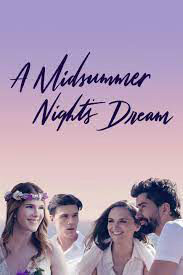
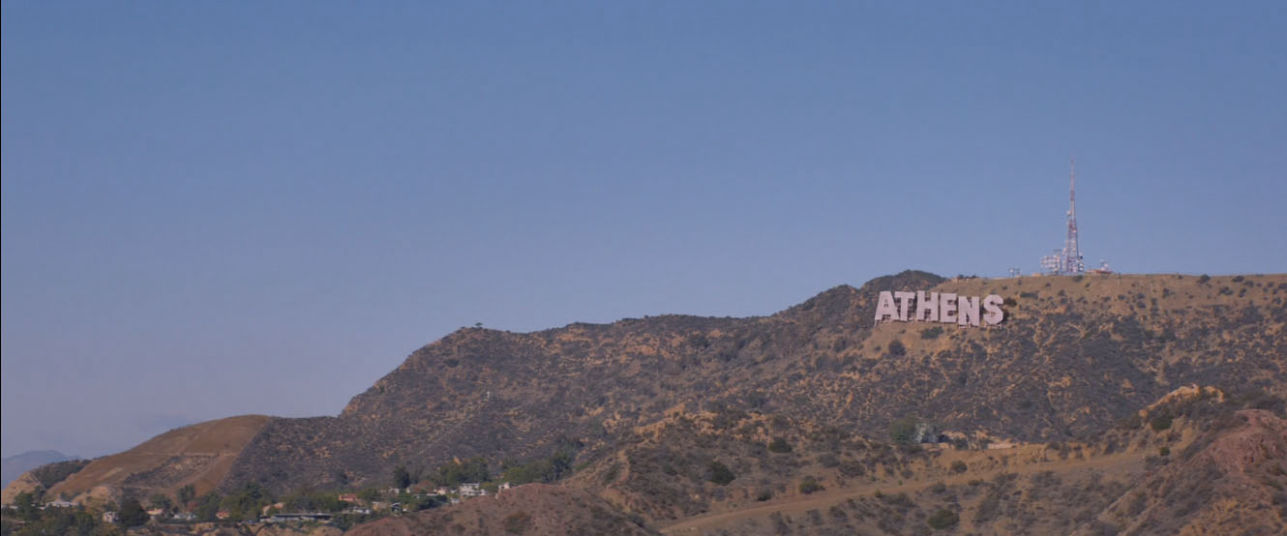
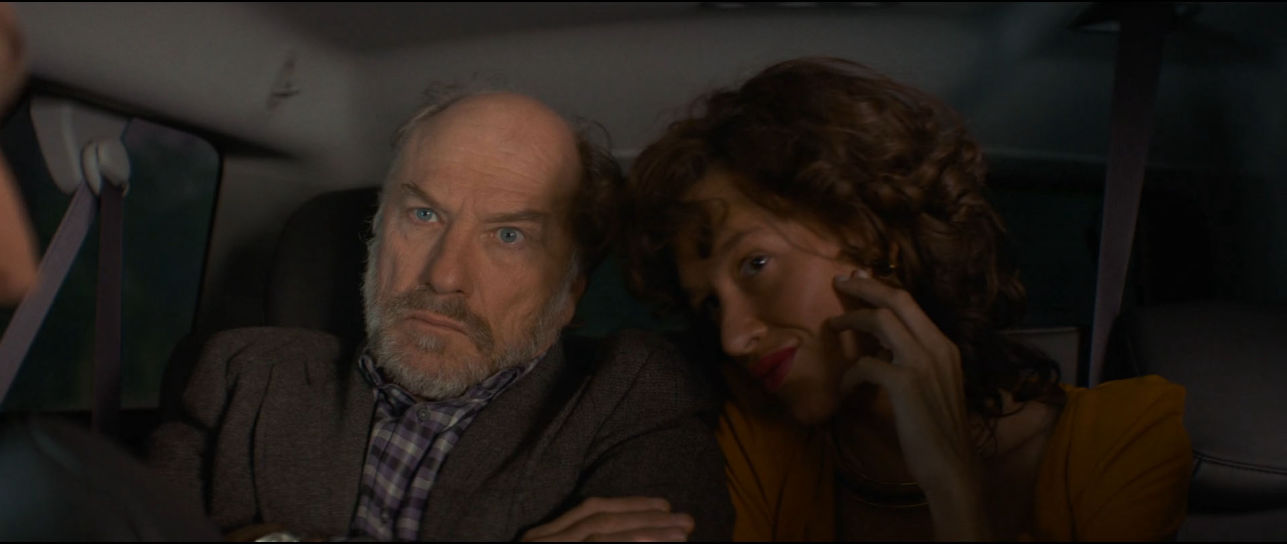

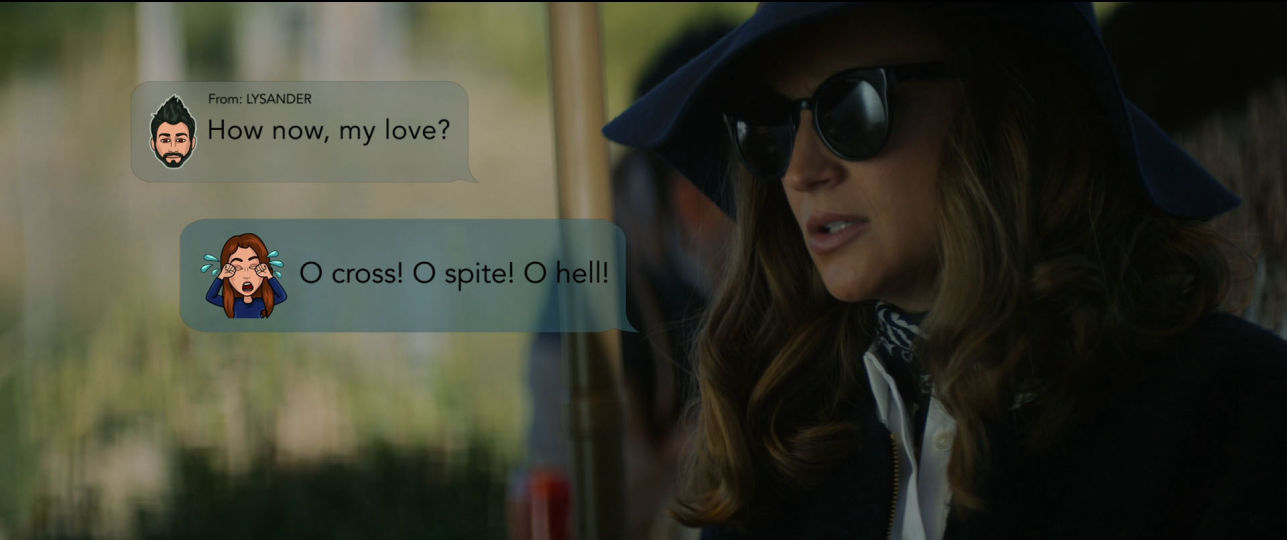
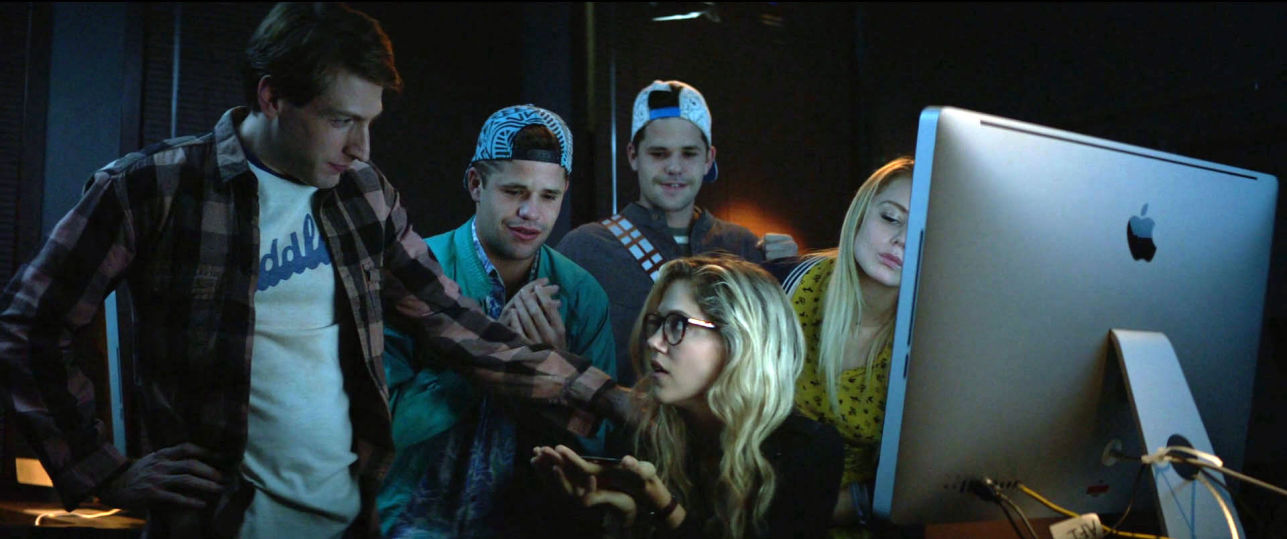
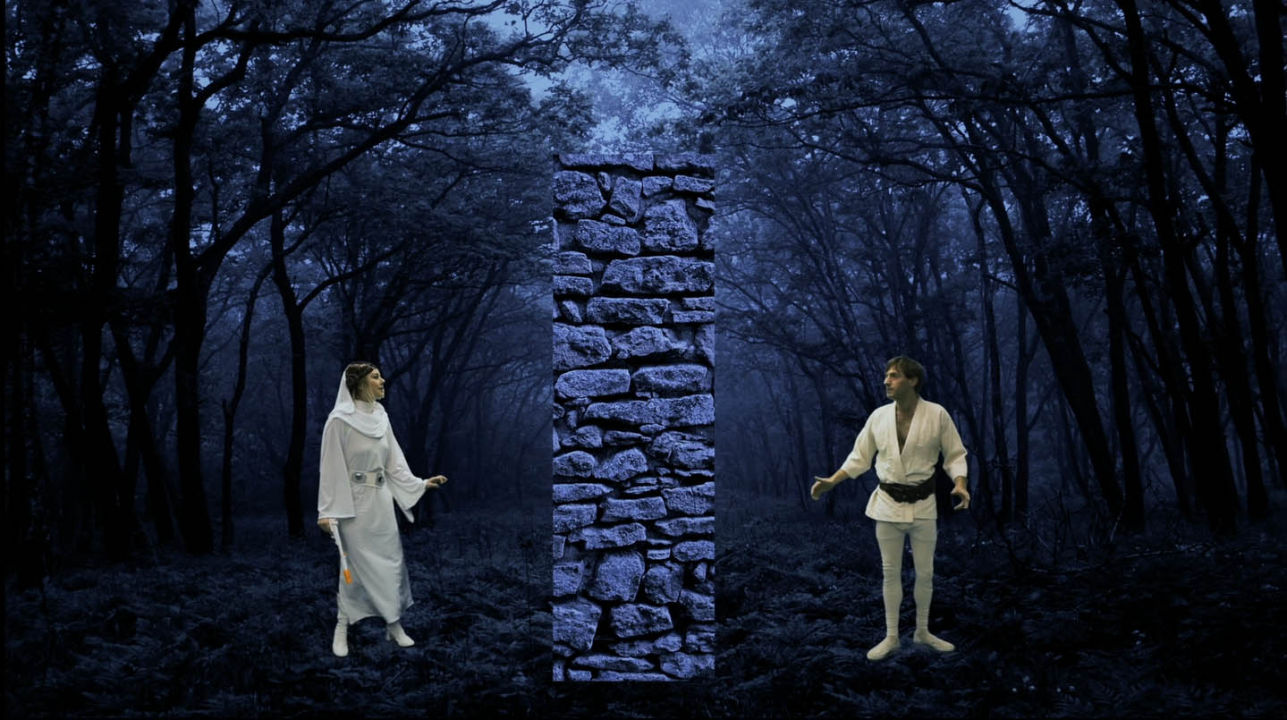 ">
">
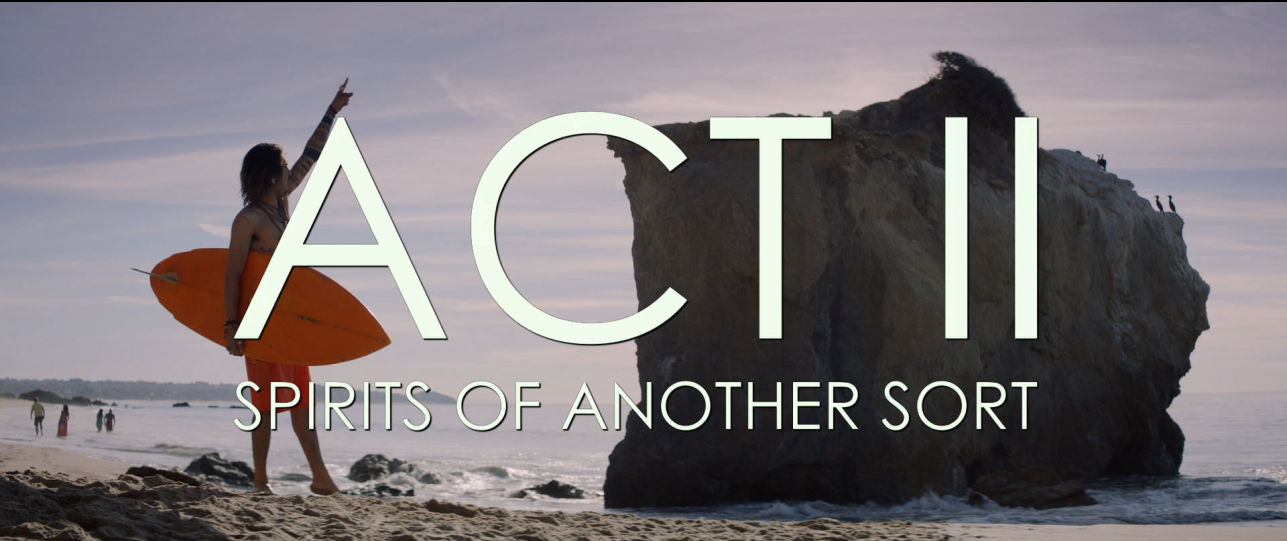
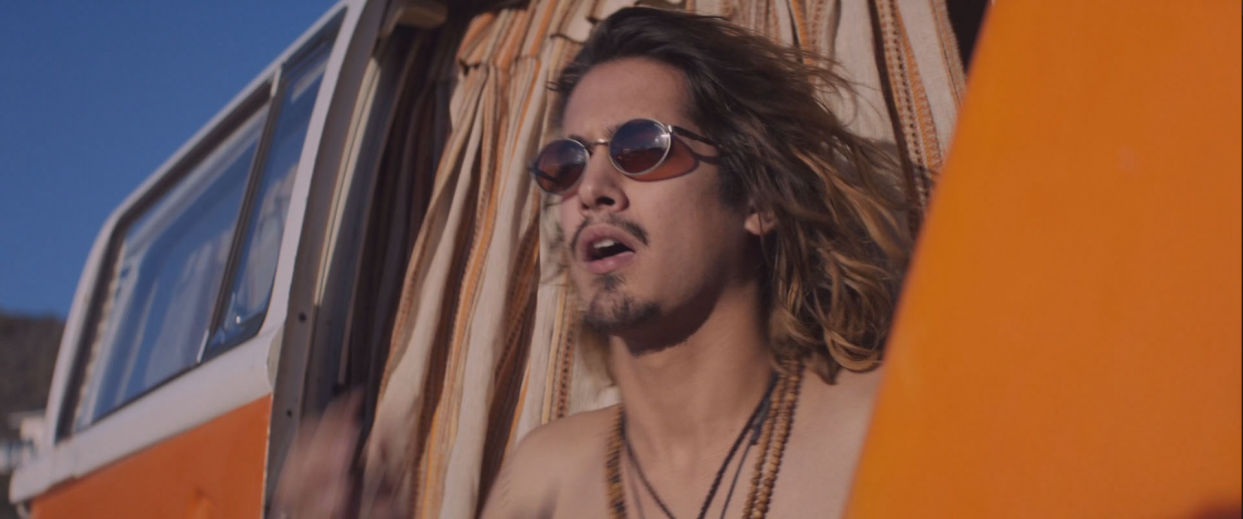
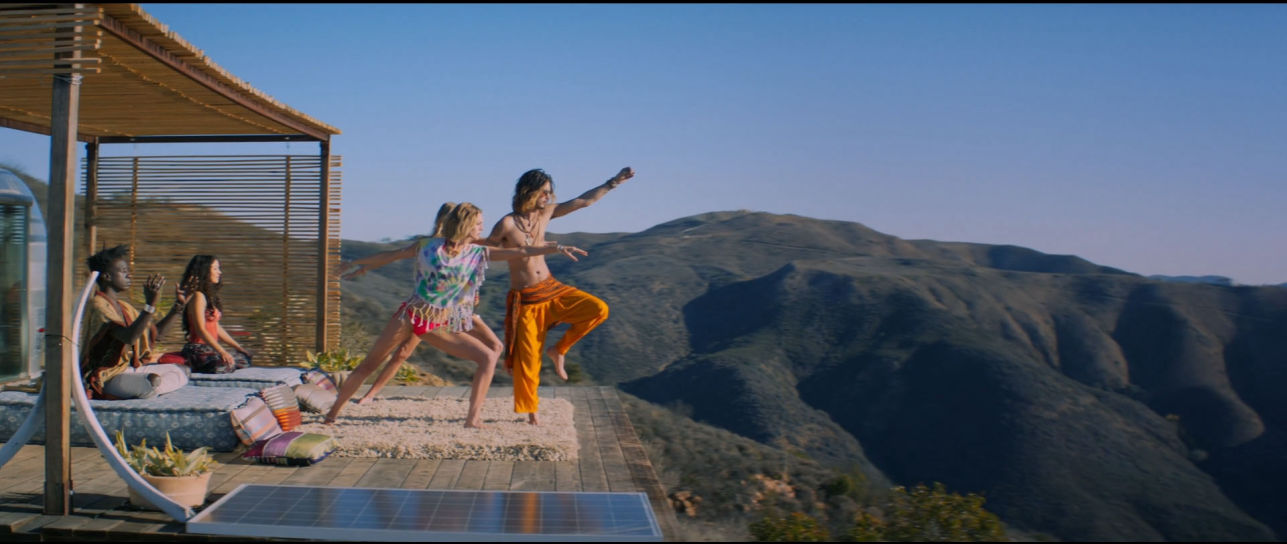
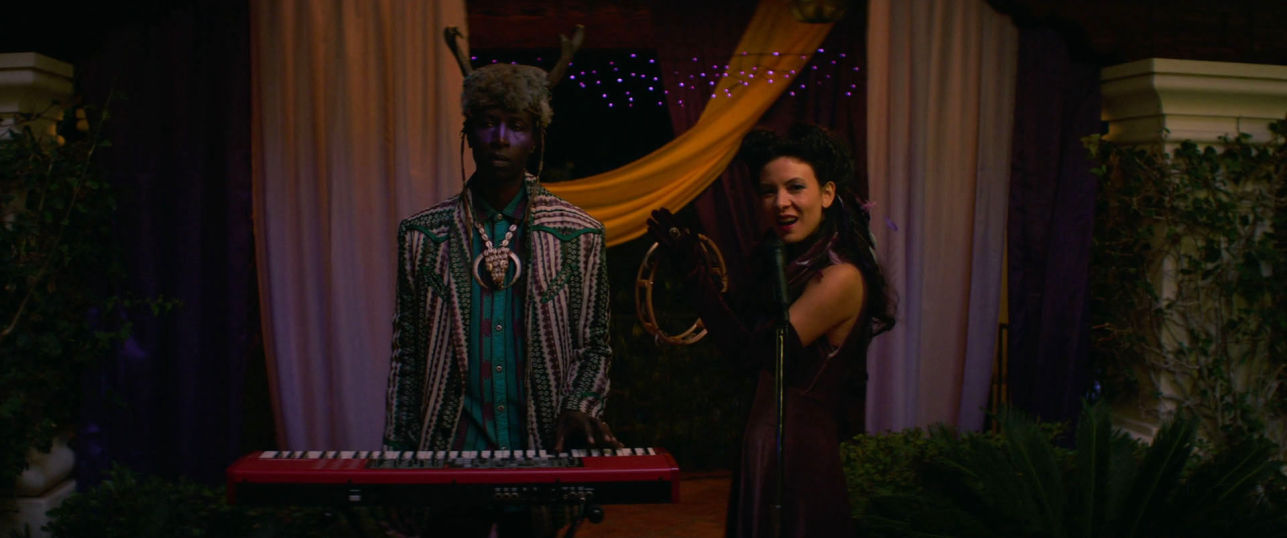
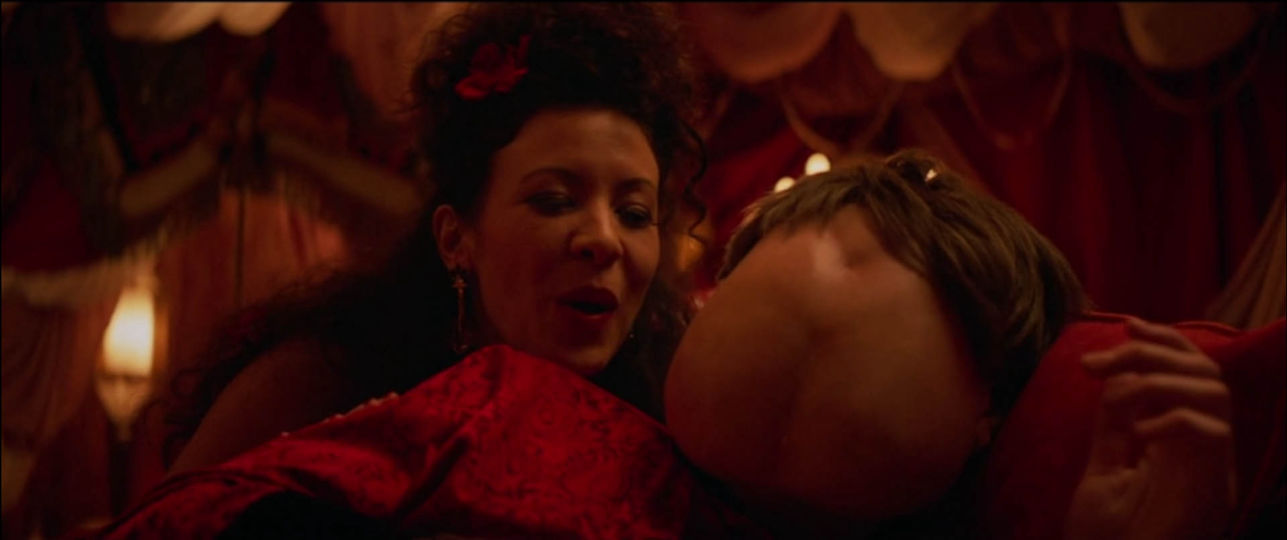
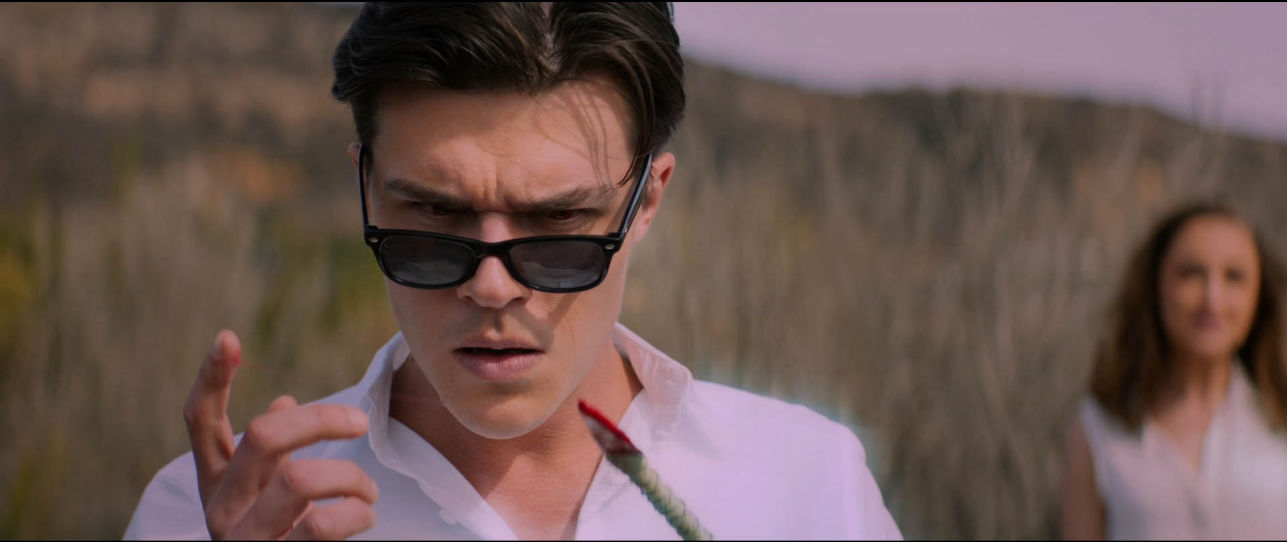
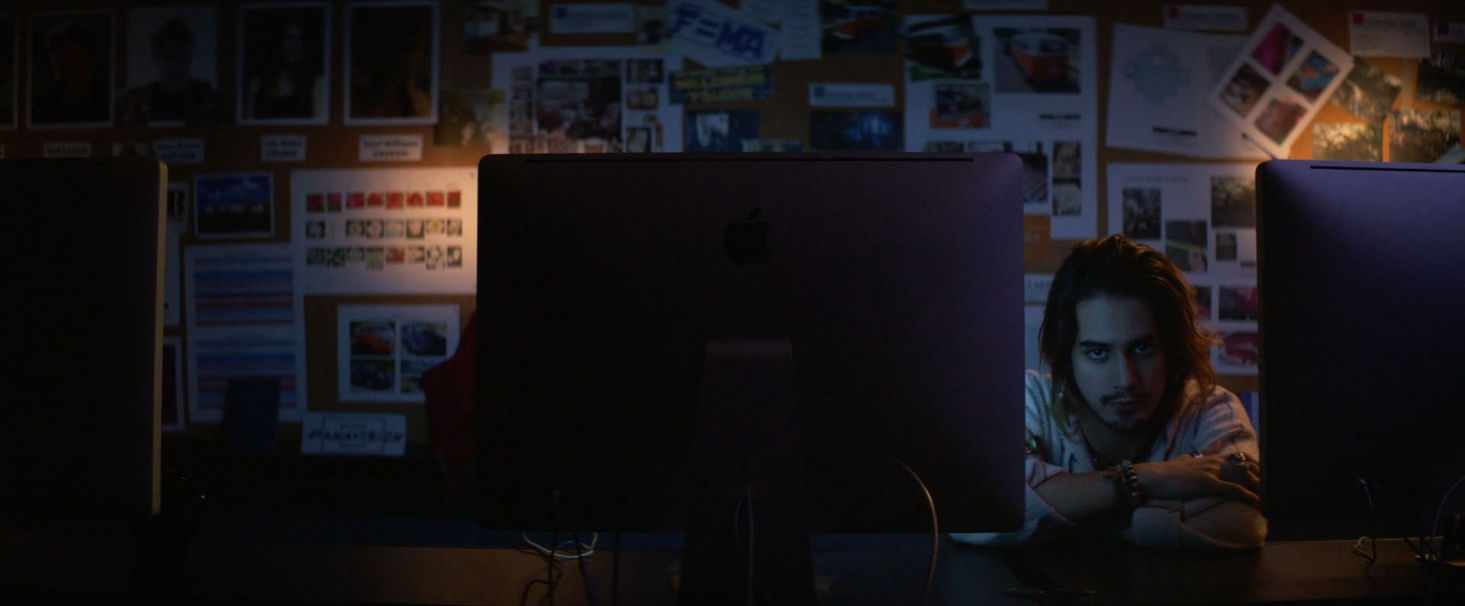
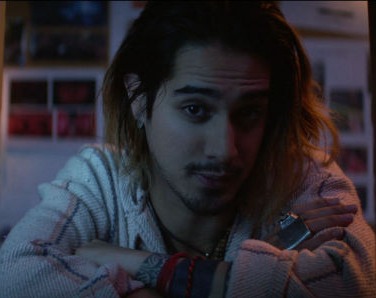
Contact Us